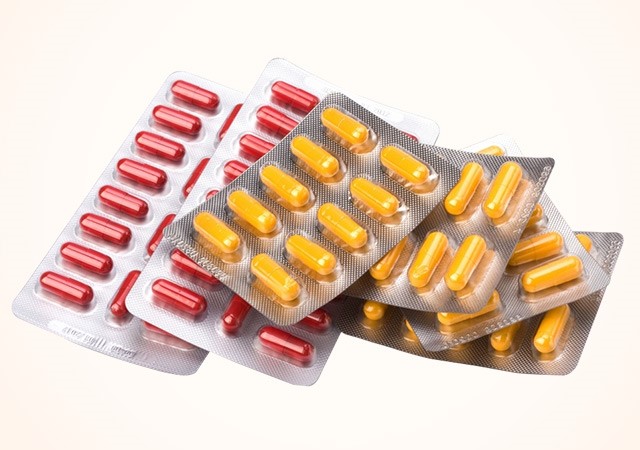

Renowned Japanese pharmaceutical companies, Eisai, Takeda, Astellas and Daiichi Sankyo, have joined arms in collaboration to lessen the carbon emissions from medicinal packages. From now on, companies will utilise greener packaging modes to promulgate environmental change.

According to a Forbes report made public last year, it was evident that 15 of the biggest pharmaceutical companies accounted for 55% more carbon dioxide per million dollars of revenue than the automotive industry emitted in 2015. And this made headlines during the COP26 UN climate negotiations as well.
After being accused of such a major environmental crisis, the pharma firms began advertising greener packaging options for their drugs by sharing ample ideas on lowering the carbon footprint these big players left.
Here aluminium plays a vital part because until now, it was being used in layers with other harmful materials like polyethene. But now it is time for these industries to adopt blister packaging materials made of biomass in place of conventional petroleum-derived plastics.
Aluminium can be infinitely recycled and is extremely ductile, giving drug-makers a chance to produce thin layered pharmaceutical strips for the medical industry. The Japanese collaboration will explore more ways of incorporating greener raw materials in the pharma business module.
The inception of the Paris Agreement in 2015 began challenging high energy-intensive industries to introduce better practices in their home grounds. Reports claim that individual sectors needed to curtail emissions by 59% from that year itself.
This seemed to be an excellent endeavour for the medical sector as it also leaves behind non-degradable waste materials, known as environmentally persistent pharmaceutical pollutants (EPPPs), that can be astonishingly harmful to the ecosystem.
Astellas, Eisai, Daiichi Sankyo, and Takeda commented about their joint initiative and assured the people saying, “society benefits from this collaboration to harmonise corporate activities with the global environment.” They have vouched to introduce more companies into their inner group to rectify environmental values.
Some of the practical steps taken by these companies include the generation of recyclable and biodegradable plastics derived from sugarcane - an idea commercialised by Natupharma, which pharma firms like Astellas have embraced.
In the previous year, the firm announced using sugarcane-derived polyethene (PE) in 50% of its blister packaging solutions, claiming the technique to have been used for the first time in commercial production.
Among other noteworthy developments, the Japanese medicine industry has suddenly seen a surge in using 100% recyclable aluminium as a raw material for pharma packaging. This will undoubtedly lead to a simple extraction process, wherein these aluminium strips would be sent directly through recycling devices for retribution, creating an endless circular economy.
Responses








